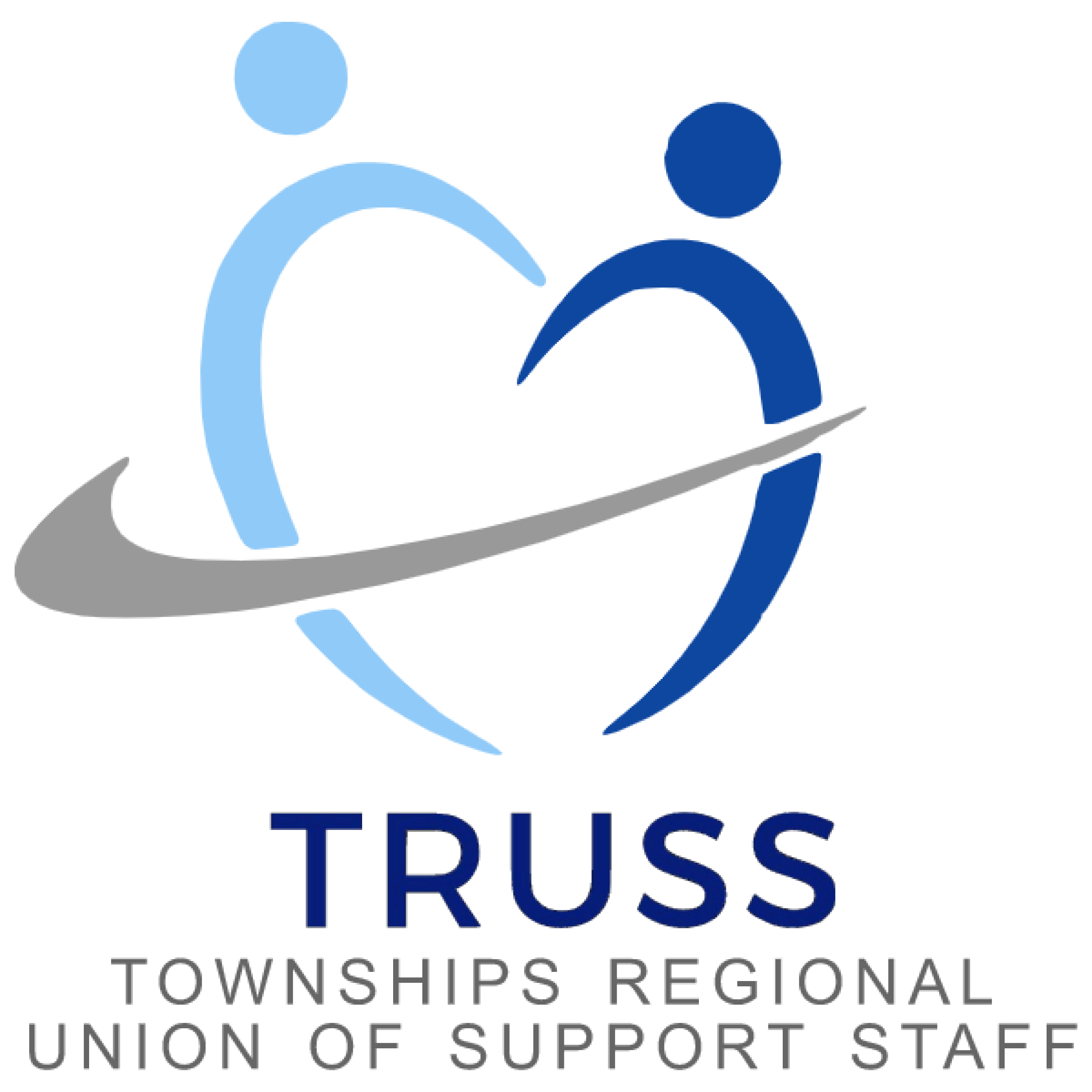Committees
Delegate Committee
The main role of the Council of Delegates is one of information and connection between the members and the Union. The liaison council has no decision-making powers except to appoint members to union committees.
The Council of Delegates is composed of delegates from each school, center, service, bus drivers and the Executive Committee.
The Executive Committee convenes meetings of the Council of Delegates. At the first meeting of the year, the operating rules are established as well as the schedule of meetings and activities, if any.
In each workplace, with the first Union mailing of the year, the Executive Committee shall inform the members of the role of the delegates and the Council of Delegates.
Each location shall nominate their delegate (s) no later than September 30.
The delegate (s) shall complete their identification forms and send them to the Executive Committee.
Finance Committee
The Finance Committee assists in controlling the administrative mandate conferred on the Executive Committee. It ensures that the Union’s revenues and expenses are in line with the decisions and budget adopted. For this purpose, the Finance Committee:
1. Reviews the annual financial statements submitted to it and make appropriate recommendations or comments to the Council of Delegates and the General Assembly.
2. Reviews the draft budget submitted to it and makes appropriate recommendations to the Council of Delegates and the General Assembly.
3. Reviews the statement of revenues and expenses quarterly and makes appropriate recommendations to the Council of Delegates. To this end, it verifies whether the expenditures are in accordance with the policies in force and whether they correspond to the decisions taken and then reports back to the Executive Committee and the Council of Delegates. The Treasurer shall make available all of the documents and invoices required for a thorough analysis of the financial statements. The Finance Committee does its work in the offices of the Union.
4. Recommends to the Council of Delegates the adoption of any expenditure not provided for in the draft budget or which exceeds the forecast.
5. Reviews proposals for changes to the financial management policy and union release policies submitted to it by the Executive committee and makes appropriate recommendations to the Executive Committee and the Council of Delegates.
6. May analyze and question administrative policies.
7. May make any suggestions or recommendations likely to improve the administrative and political operations of the Union.
– Composition
The Finance Committee is composed of three (3) people who do not sit on the Executive Committee. They are elected at the General Assembly and their term of office is two (2) years.
The Treasurer attends meetings of the Finance Committee, but does not have the right to vote. He or she acts as a resource person.
Quorum for the Finance Committee is formed by two (2) members. All Committee members must remain union members to continue to serve.
Elections Committee
The Elections Committee is composed of two (2) persons (president and secretary), elected at the first regular General Assembly of the year. Their terms are valid for two (2) years.
Two substitute members will be elected at the same time to step in if one or more members of the Elections Committee are unable to act or absent.
Members and substitutes must maintain membership status to remain in office.
If no one is elected, the Executive Committee must issue a request by mail or email to the members within two weeks of the General Assembly in order to appoint two (2) members to serve as president and secretary of the Elections Committee and two substitute members.
Mandate
The main responsibility of the Elections Committee is to apply the election procedures provided for in these bylaws and regulations and to ensure that they are respected. It must also use the best methods to promote interest in the election and remind members of their responsibility in this regard.
The President of the Elections Committee shall act as president of all elections.
The Elections Committee must organize the appropriate methods to ensure the election is held in an orderly and rapid manner. It must maintain a detached demeanor throughout the electoral process, but the members of the Committee retain their right to vote.
